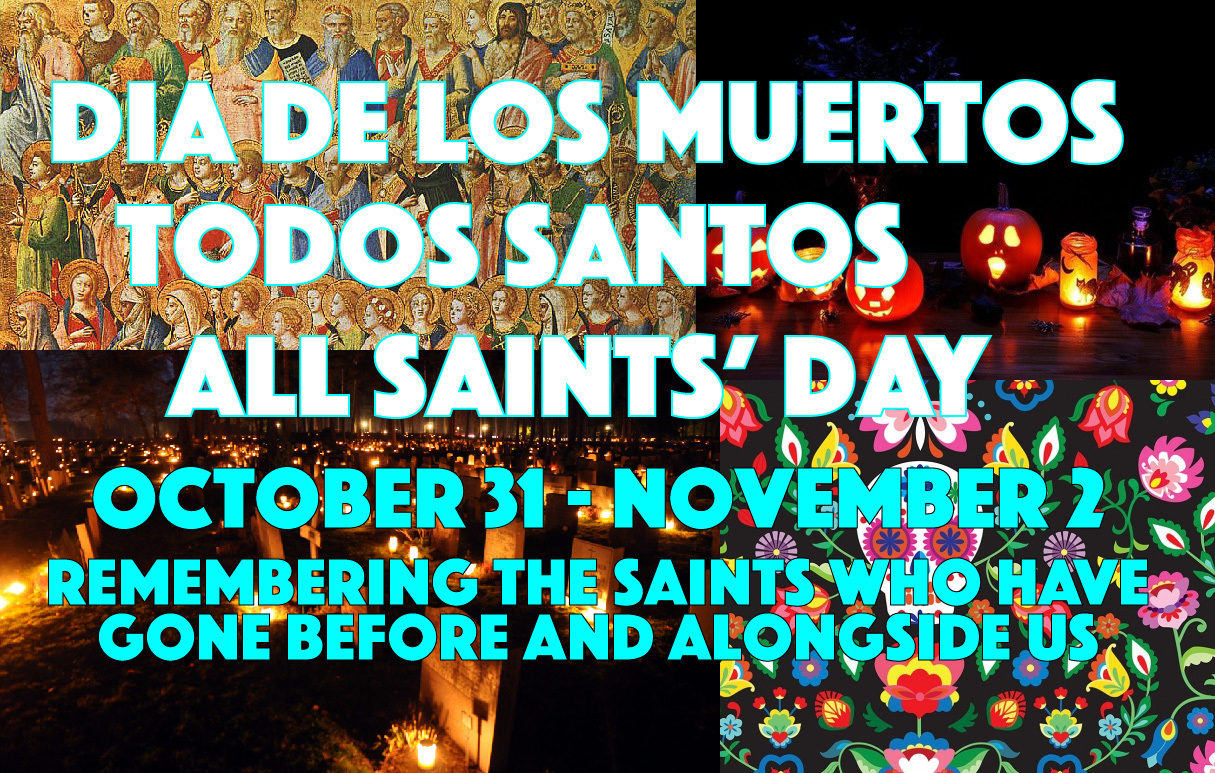
It’s long been thought that the apostle Paul wrote the pastoral letter we now call the Epistle to the Ephesians. It’s written to the church in Ephesus, and likely the churches throughout Asian Minor (what we now call Turkey) to spur them towards a life of more robust unity. The author draws the direct link between our individual salvation, or reconciliation with God and our corporate reconciliation, between and with each other even in all our innate differences and divisions. If the Ephesians are in Christ, then they now needed to get along with one another. The life of the Church should reflect the life of God from which it germinates – unity in purpose, passion, and presence.
We read the beginning of the letter. Greek culture and language was specific in terms of how to write particular forms of literature. This applied to a letter, or “epistle.” The author begins with the established literary steps: open with a greeting, acknowledging the audience or recipients of the letter. Then begin with an opening section which paints with wide strokes the purpose and intent of the letter.
Here the letter begins with a mention of the intended audience: “To the saints who are in Ephesus.” We hear the words Saints and might think of different things. But here it’s the established term for fellow Christians. Today we might say “brother” or “sister,” or the more generic “church member.” But in the early church this term that meant someone who was pious, pure, devoted to God (or the gods), set aside for the Divine, came to mean all those who put their trust in God through the experience of Jesus. A saint isn’t someone (as we imagine) who doesn’t belong to this world, or who is too good to be in it. Rather a saint is someone who is radically present in this world, fiercely committed to seeing God’s reign embodied here and now.
The author then continues with a multicultural, and multilingual greeting acknowledging the vibrant diversity of the community. Grace to you” was the common Greek greeting in the Roman world among Gentiles. “Peace to you” was the established Hebrew way of greeting fellow Jews. No matter our origin story, our life story is part of God’s unfolding story of reconciling creation and loving justice.
Today we struggle in our polarized and divided world to be unified. As the Church fails and flails its way into the 21st century (along with all other institutions and governments) we often blame those who are “other” or different than us in perspective, priorities or passions than us. Here Paul says something different – even using the word saint three times. We are equal in the sight of God, and equally responsible for contributing to the unity of the Church (the body of Christ) through which the fullness of God fills the world.
Questions for the practice of Examen & Contemplation
- What word, phrase or image grabs your attention?
- How do you react to being called a Saint? How about when you envision others who might not seem like saints?
- What invitation to do you hear in this word for you / us?
Download the Text Study Sheet we’ll use in our class discussion at @CAPCOakland [HERE]